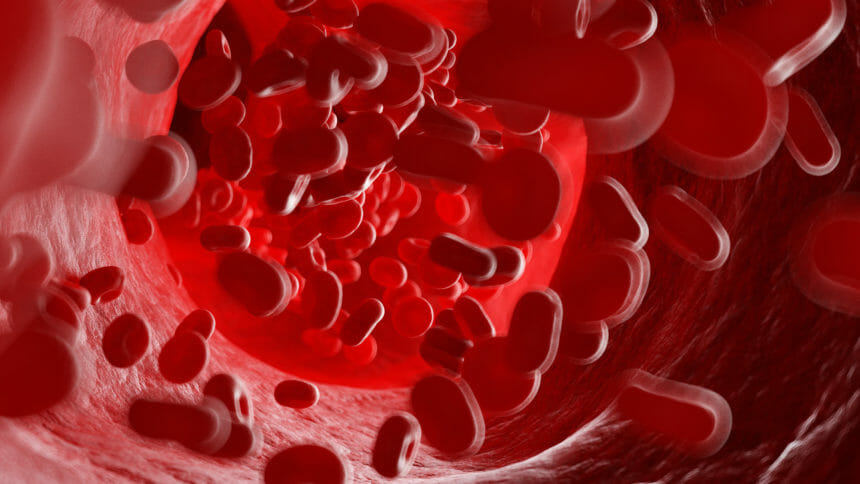
Patients who take anticoagulants before contracting COVID-19 are 43% less likely to be admitted to the hospital, and those who are given the drugs while hospitalized are less likely to die, according to a new study.
COVID-19 is associated with a high risk for abnormal blood clotting, said the researchers, from the University of Minnesota, the Mayo Clinic and the University of Basel, Switzerland. With that in mind, they sought to examine whether anticoagulant drugs will impact COVID-19-related hospitalization and mortality. To do so, they investigated health records of patients who had anticoagulation therapy either before and after they received a COVID-19 diagnosis or were admitted to hospitals in the M Health Fairview healthcare system, based in Minnesota.
Among more than 6,000 patients, 598 were hospitalized and 5,597 were treated as outpatients. The overall case-fatality rate was 2.8%, and inpatient mortality was 13%. A small number (2.9%) of participants originally treated as outpatients were on anticoagulation therapy, and 331 of these were eventually hospitalized.
Upon analysis, 90-day outpatient anticoagulation before COVID-19 illness was associated with significantly reduced hospital admission, although not with mortality. But inpatients who were not started on anticoagulation, or whose anticoagulation therapy wasn’t maintained after admission did have an increased mortality risk, reported Sameh M. Hozayen, M.D., and colleagues.
“While our study was underpowered to study bleeding complications, the comparable mortality rates between those initiated on anticoagulation or were continued on anticoagulation are reassuring,” the authors concluded.
Full findings were published in EClinicalMedicine.




